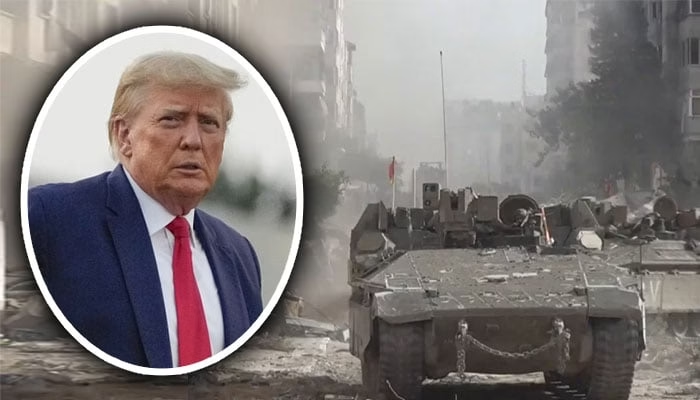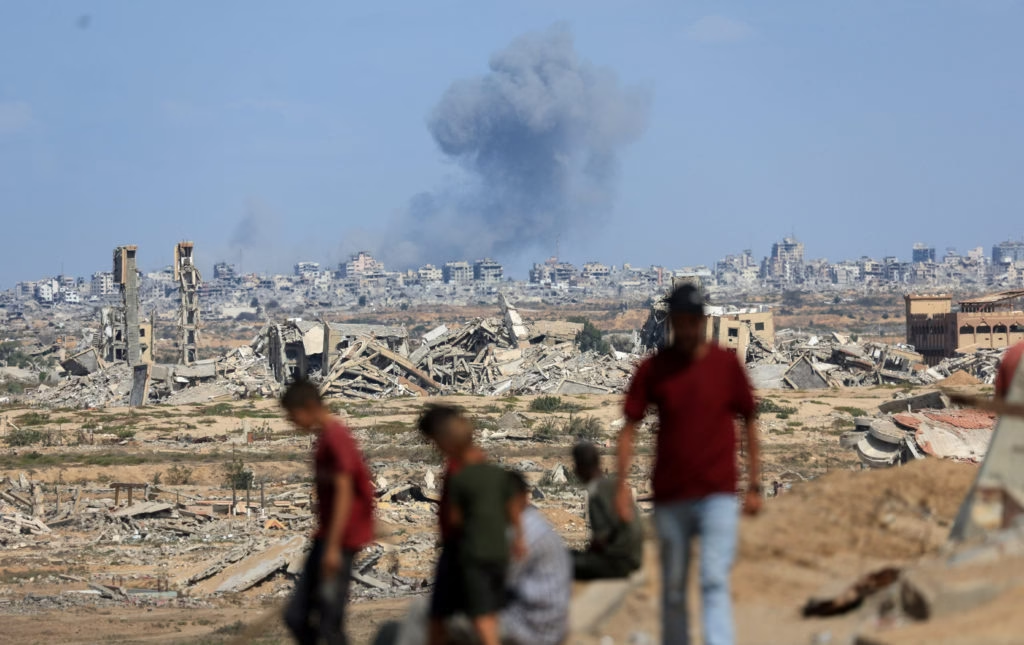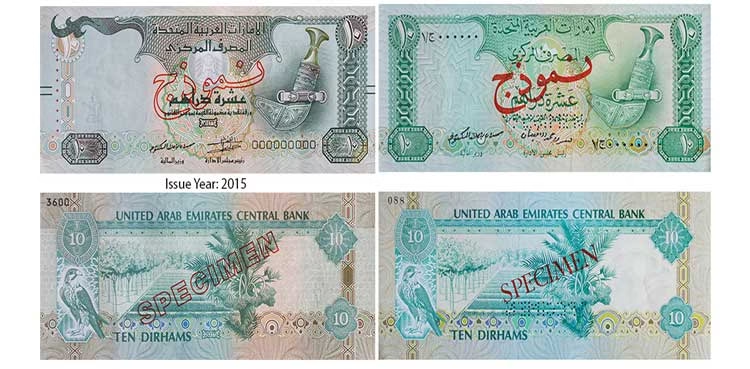The newly elected President of the United States, Donald Trump, has initiated a diplomatic effort aimed at achieving a ceasefire in Gaza, signaling his administration’s commitment to addressing one of the most pressing conflicts in the Middle East. According to credible sources, Trump’s designated envoy for the Middle East, Steve Witkoff, has already engaged in high-level meetings with key stakeholders, including the Prime Ministers of Qatar and Israel.
Efforts for Mediation Resume
The recent meetings, held in November 2024, have brought renewed attention to Qatar’s potential role in mediating peace between the warring parties. According to reports, the discussions have paved the way for Qatar to resume its mediation efforts. This move is significant, as Qatar has previously acted as a mediator in the Gaza conflict, leveraging its diplomatic ties with various factions in the region.
As part of these renewed efforts, Hamas negotiators are expected to return to Doha to participate in a fresh round of talks. These developments underscore the importance of dialogue in addressing long-standing tensions and finding pathways to peace.
US Demands and Qatari Response
The United States’ approach to the conflict has not been without controversy. In early November 2024, an American official reportedly demanded that Qatar expel Hamas leadership from its territory. This request highlighted the complexities of balancing mediation efforts with broader strategic and political considerations.
In response to these demands, Qatar’s Ministry of Foreign Affairs clarified its position. Majid Al-Ansari, the ministry’s spokesperson, stated that the political office of Hamas in Doha was established to facilitate mediation efforts and not as a permanent fixture. He further emphasized that any decisions regarding the office’s status would be communicated directly by Qatar and urged against media speculation.
“Obviously, when there is no mediation process, the office has no special role,” said Al-Ansari, reinforcing Qatar’s stance that the office exists solely to support peace talks.
Challenges to Ceasefire Efforts
Despite the progress, significant challenges remain. The United States’ dual approach of pushing for mediation while demanding the expulsion of Hamas leadership could complicate Qatar’s ability to play an impartial role in the negotiations. Additionally, the broader geopolitical dynamics in the Middle East, including Israel’s stance and internal divisions within Hamas, add layers of complexity to the peace process.
The involvement of multiple stakeholders, each with their own interests and agendas, makes achieving a lasting ceasefire a daunting task. However, the renewed dialogue indicates a shared recognition of the need to prevent further escalation and explore avenues for peace.
The Role of International Diplomacy
Trump’s administration has prioritized addressing the Gaza conflict early in its term, reflecting a broader shift in US foreign policy toward proactive engagement in the Middle East. By appointing Steve Witkoff as the Middle East envoy and facilitating direct talks with regional leaders, the US aims to position itself as a key player in resolving the crisis.
The involvement of Qatar is particularly noteworthy, given its historical role as a mediator in regional conflicts. Qatar’s ability to maintain open channels of communication with various factions, including Hamas, makes it a vital partner in any negotiation process. However, its role also attracts scrutiny and criticism, particularly from those who view its engagement with Hamas as controversial.
The Road Ahead
As the diplomatic efforts progress, the focus will likely shift toward concrete actions that can lead to a sustainable ceasefire. This includes addressing humanitarian concerns in Gaza, rebuilding trust among the parties, and ensuring that any agreements reached are enforceable and inclusive. The return of Hamas negotiators to Doha, if realized, will be a critical step in advancing the dialogue.
The international community will also play a pivotal role in supporting these efforts. Countries with influence in the region, including Egypt and Turkey, are expected to contribute to the mediation process, while organizations such as the United Nations may provide the framework for implementing and monitoring any ceasefire agreements.
Donald Trump’s diplomatic push for a Gaza ceasefire has brought renewed hope for peace in a region long plagued by conflict. While challenges remain, the progress made through high-level meetings and the resumption of Qatar’s mediation role represents a step in the right direction. As the world watches these efforts unfold, the potential for meaningful change hinges on the willingness of all parties to engage in constructive dialogue and prioritize the greater good over individual interests.
The coming weeks will be critical in determining whether these efforts translate into tangible results or become yet another missed opportunity in the pursuit of peace. For now, the spotlight remains on the US, Qatar, and the key stakeholders involved in shaping the future of Gaza.



